Small Business Subsidies You Should Know About

Want to know about small business subsidies? Here’s everything you should know about it.
Both the central and state governments in India provide a variety of subsidy plans to encourage the advancement of small businesses, particularly MSME.
SMEs can use these loans to support their day-to-day activities, grow their company, buy new equipment, and so on.
We have included a detailed overview and list of subsidies in India that can grant aid to enterprises by the government sector.
Small Business Subsidies – List of Government Subsidies in India
The Credit Guarantee Fund Scheme (CGTMSE) for MSMEs
The central government formally set up the CGMSME (Credit Guaranteed Micro and Small Enterprise) funding program. The government is seeking to provide MSMEs in the nation with loans without the obligation of collateral under this program.
This government subsidy loan for businesses is applicable to both new and seasoned businesses. To successfully operate the plan across the country, the central government has set up the CGFT Fund Trust (Credit guarantee fund trust).
In collaboration with MSMEs and the Development Bank of India for Small Industries (SIDBI), the trust guarantees the scheme’s maximum administration.
The government has levied a limit on credits for loans and capital within this program. It offers the beneficiaries a credit ceiling of Rs 100 crore.
SIDBI and the central government each contribute 1:4 of the total. It grants financial aid to faltering businesses in order to help them make a comeback.
Organic Farming Subsidy
The scheme is implemented nationally by the government as a subsidy program. This program grants financial support for organic farms, organic fertilizers, bio-fertilizers, and commercial production.
NCDC and NABARD will issue the subsidy amount when DAC approves it, based on future requirements.
The government would provide a subsidy of 50% coverage, which will be given to the appropriate bank as reserve money to be deposited as a subsidy. The bank will hand over this sum to the borrower.
Scheme for Modernization, Establishment and Upgradation of Food processing sectors
This government subsidy for business in India is in place to facilitate the modernization, growth, and advancement of food processing enterprises.
It includes industries such as meat, poultry, fruits, fisheries, food, agriculture, and milk. It also covers improving the quality of edible commodities by amplifying spices, aromas, colours, mushrooms, and other items.
The government is offering a 25% reduction on plant and machinery, as well as monetary aid ranging from Rs 50 lakh to Rs 75 lakh, based on the region.
Textile Industry – Technology Upgrading fund (TUFS) scheme
The Textile Ministry established this program, which is being employed to enhance technology. The scheme is also in effect to promote the jute sector in general.
The scheme, which was launched in April of 1999, aims to improve state-of-the-art machinery in this industry. The TUFS government subsidy for business in India allows recipients a 5% or so interest refund under the initiative.
This refund is provided in lieu of the standard interest rate. Aside from that, a 5% discount is available on the fluctuation rate for interest calculations using the FCL base rate.
Furthermore, SSI sectors are eligible for an extra 15% capital-linked credit subsidy, whereas power loom sectors are eligible for a 20% credit linkage.
An extra 10% and 5% capital and interest reimbursement subsidies are available for processing machinery.
The Leather Industry Development Scheme
Tanneries, the footwear industry, the leather industry, and other footwear-related producers all profit from government subsidies for small businesses.
Beneficiaries can use this plan to improve their existing businesses, start new businesses, or reduce the financial strain of manufacturing expenditures.
Business owners must present a copy of their registration granted by various government offices, as well as additional papers such as NOC, in order to establish new units. The government would only provide aid to units that have already been developed and are operational. The candidate must supply the necessary paperwork for the established units.
Technology Upgradation And Capital-Linked Scheme For Availing Credit (CLCSS)
One of the most pivotal variables in the sustainability of any SME is technological improvement and renovation. This contributes to lowering production costs and establishing a presence in an already competitive sector.
The scheme is governed by the SSI Ministry (Small Scale Industries), which allows them to profit from the scheme by improving their existing enterprises. This will aid in the enhancement of their total output.
The relief comes in the form of Capital credit to the business owners (CLCSS), which includes a fixed subsidy of approximately 15% and a maximum ceiling of roughly Rs 15 lakhs.
This fund can be used by business owners to upgrade their plants and machinery. This scheme is applicable to all private sector or limited liability enterprises, large and small.
The Market Development Scheme For MSME’s
This program grants financial support to MSMEs in order for them to participate in exhibitions and international trade events.
Micro, Small, and Medium Enterprises can apply for financial help to participate in international export promotion fairs, industry associations, and Indian export organizations.
The central government covers the application charge and reimburses the annual fee of 75%. It pays this to the GSI on behalf of the recipient. The refund is for a three-year period.

Maximize Your Online Business Potential for just ₹79/month on Lio. Annual plans start at just ₹799.
Conclusion
There are about 40 million registered and unregistered Micro Small and Medium Enterprises in India. They can come under both the organized and unorganized sectors and account for over 40% of India’s total GDP, and they continue to be a major source of employment.
MSMEs address pressing concerns in the country, such as poverty, unemployment, income inequality, regional imbalances, and so on.
For this reason, the government has developed a number of programs to provide loans to MSMEs in order to help them grow their businesses and eventually, the economy.
In this, we have reviewed 7 government subsidies that the government offers to help MSME’s grow. Business owners should be cognizant and aware of the sort of subsidy their enterprise needs to get started and grow.
I hope you have enjoyed reading this article and it helps you learn from it.
Frequently Asked Questions(FAQs)
What is an MSME?
MSME is for the Ministry of Micro, Small, and Medium-Sized Enterprises, and it refers to small firms that are classified into one of four groups based on their investment and yearly turnover.
How can you get a loan for a startup?
If a start-up does not qualify for bank loans but qualifies as an MSMEs, the owner of the organization can apply for a business loan through any of the government’s schemes.
How do government-sponsored business loan programs work?
The government has implemented business loan schemes to help entrepreneurs, particularly those who own Micro, Small, and Medium Enterprises, in obtaining financial support in the form of a loan, for commercial purposes.
What are the conditions for obtaining a government-provided business loan?
Certain eligibility conditions are necessary for schemes, and these eligibility criteria can differ from one another.
However, there are certain basic requirements that must be met, such as:
– Age of the applicant
– Amount of credit sought
– Type of business
– The credit score of the applicant
– Capital invested
– Annual turnover of the business
Are there any government loan programs designed specifically for women who wish to establish their own businesses?
Yes, government financing programs such as the Stand-up India and Udyogini schemes have been established to help businesses obtain loans.
Although the Stand-up India initiative is not exclusively for women entrepreneurs, individuals from Scheduled Castes/Scheduled Tribes as well as female entrepreneurs are preferred for application.


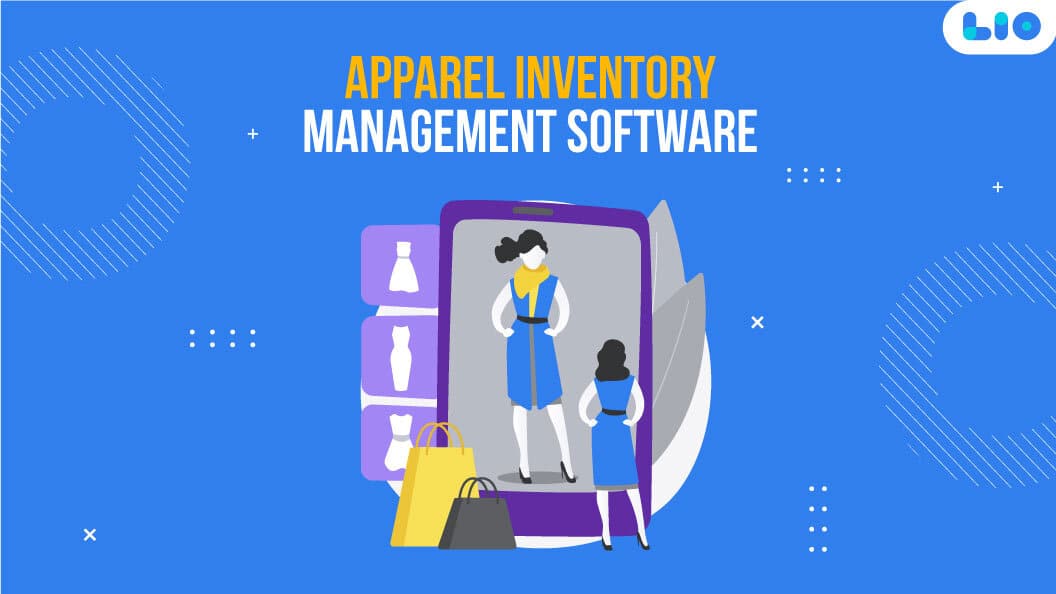


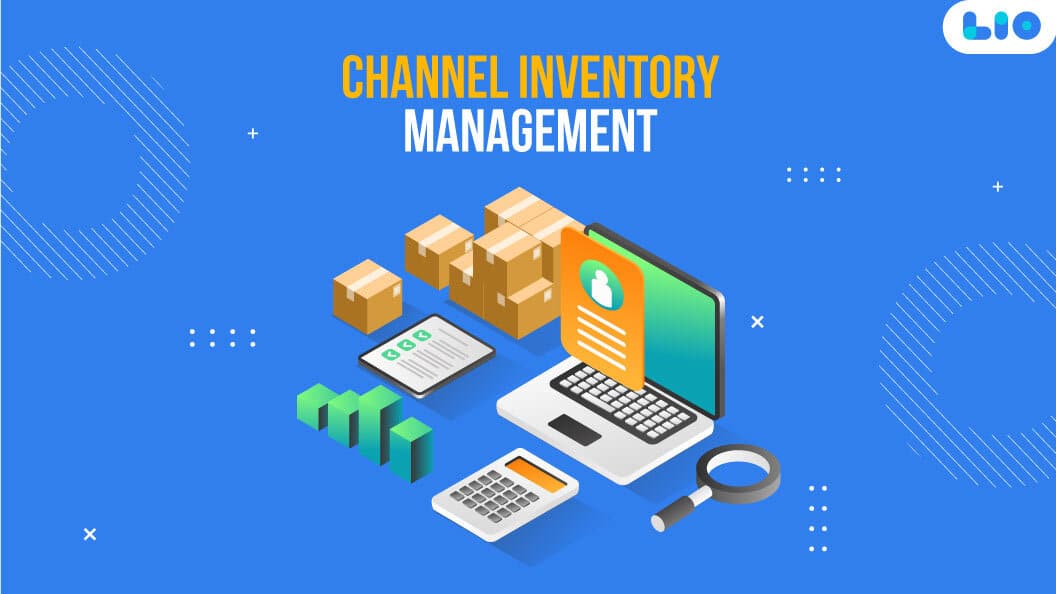




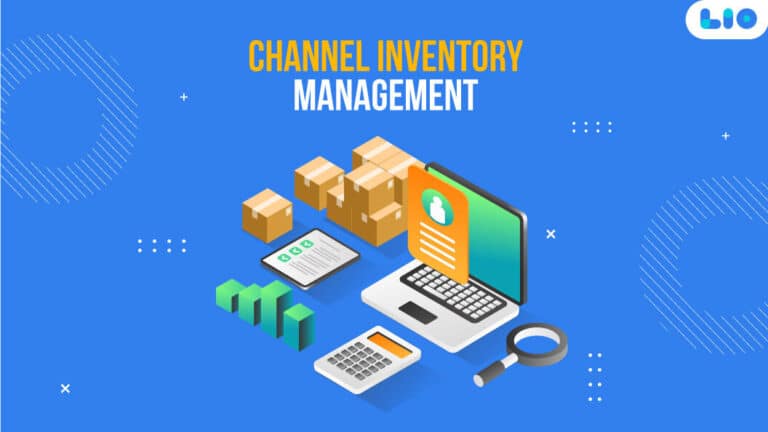
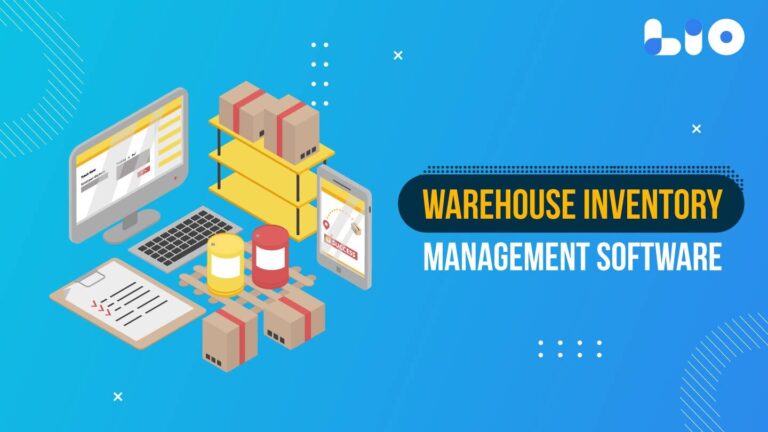
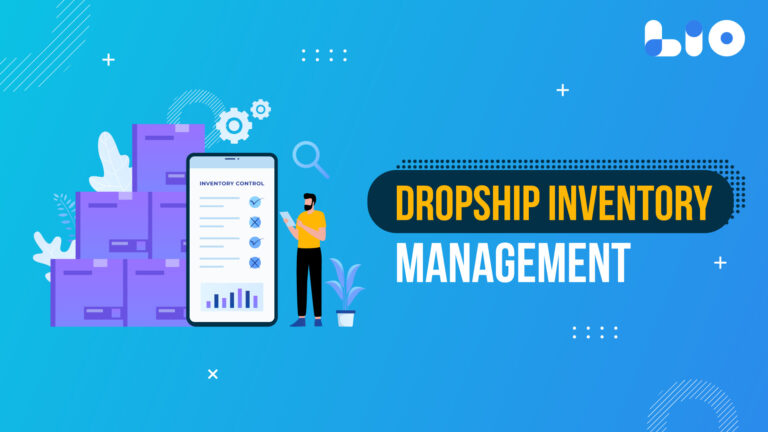





6 Comments
Was thinking to start my small business. This blog of yours has enlightened me in various ways regarding subsidies for small businesses. Thank you for researching and posting this.
Hello Jyoti,
Thank you for the kind words.
I am glad that you found this post enlightening.
Please let me know where I should go to acquire my MSME certificate.
Hello Binoy,
On the government website http://udyamregistration.gov.in, businesses can apply online for MSME registration. Additionally, such an enterprise will receive an MSME Certificate with lifetime validity following successful registration from the Ministry of MSME.
MSME Certificate, commonly referred to as Udyam/MSME/Udyog Aadhaar Certificate, is a simple online download.
I’ve been hearing about this MSME everywhere. Actually, who falls under the purview of this MSME?
Hello Vikram,
Micro, Small, and Medium Enterprises is what MSME stands for. The percentage of MSME employment in India’s internal industrial sector is approximately 45%.
Handicraft businesses like spinning, weaving, artisans, printing and other paper-based products, coir industry, furniture and wood products, poultry farms, bicycle parts, stationery items, call centers, rubber products, IT solution providers, and testing labs for industries are a few examples of the businesses that fall under this category.